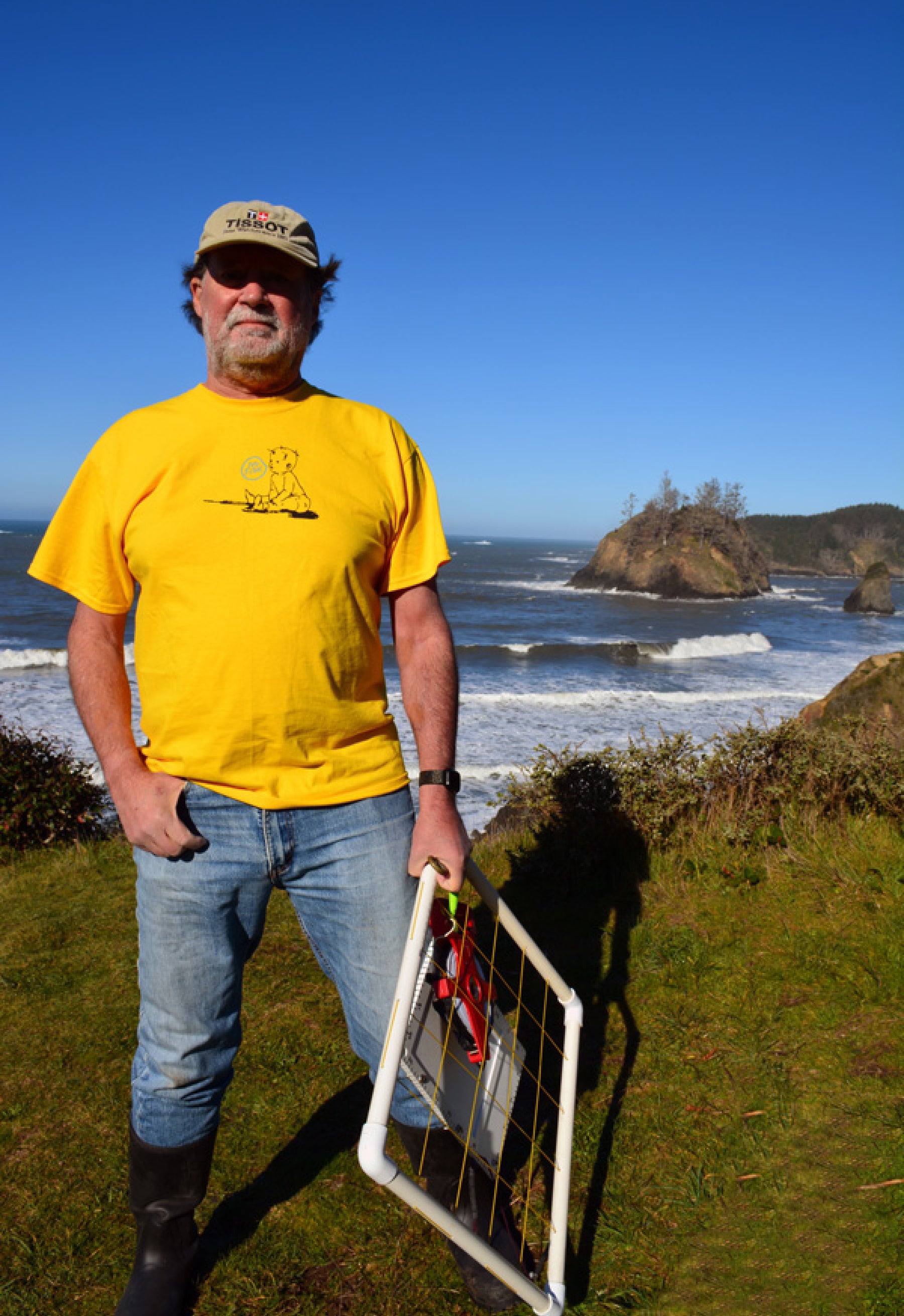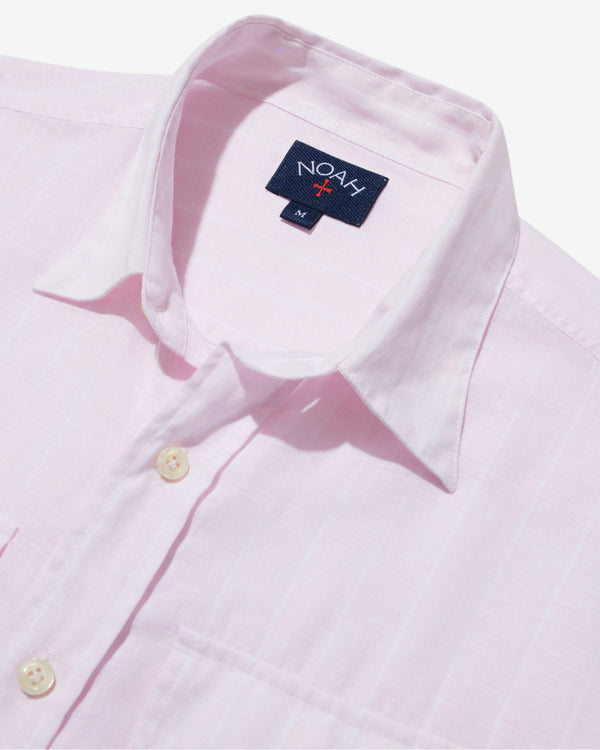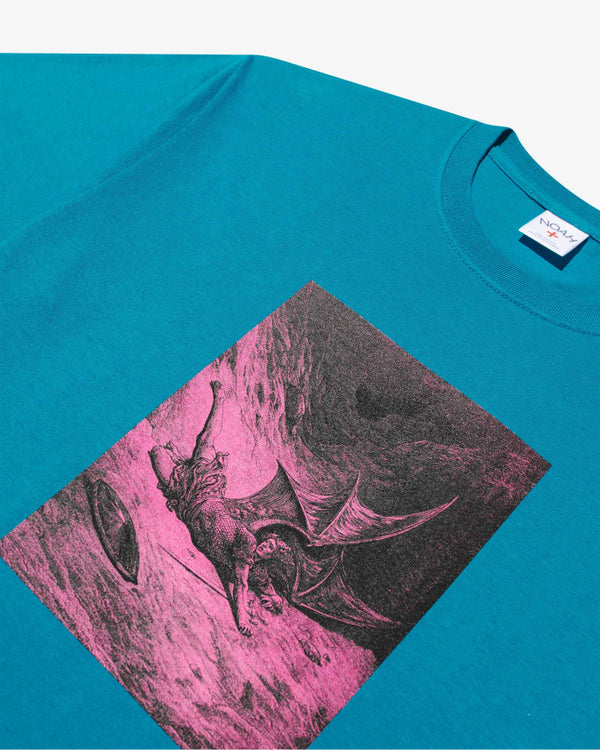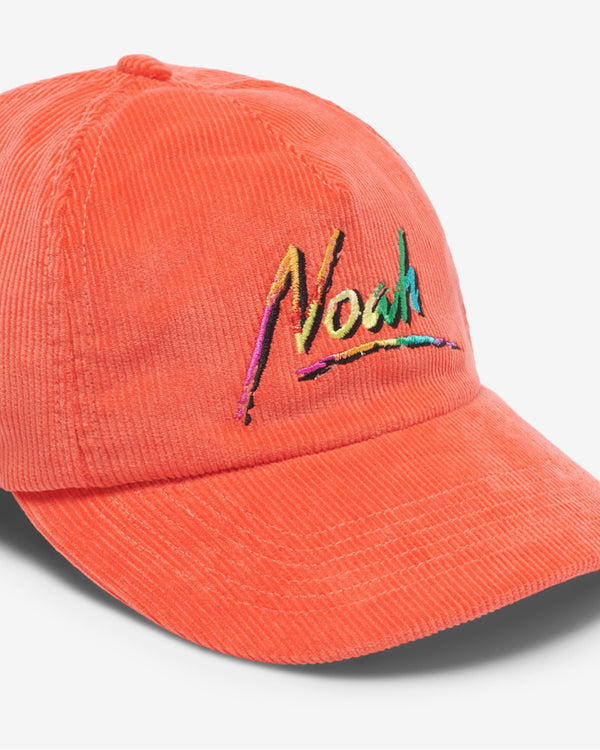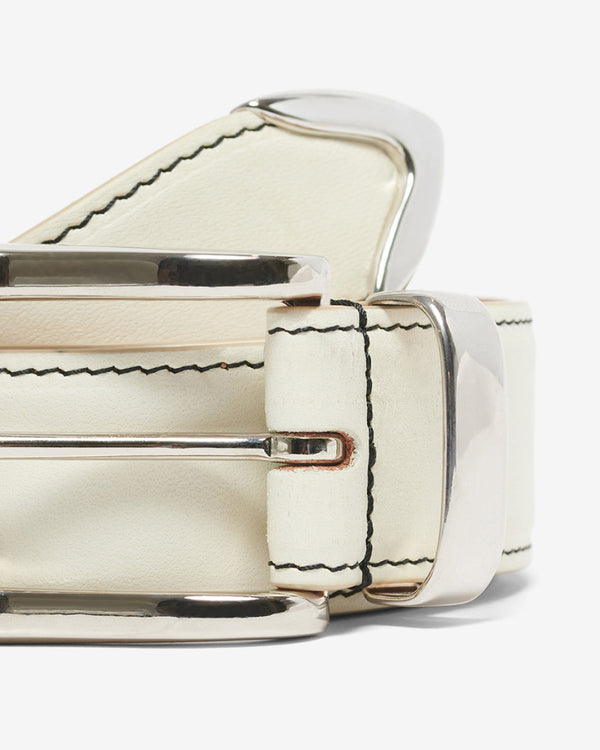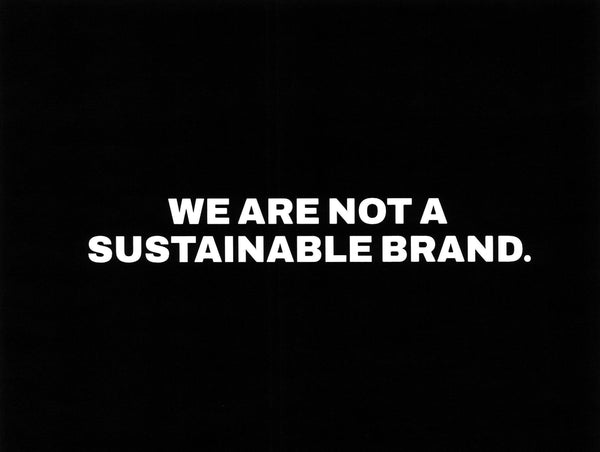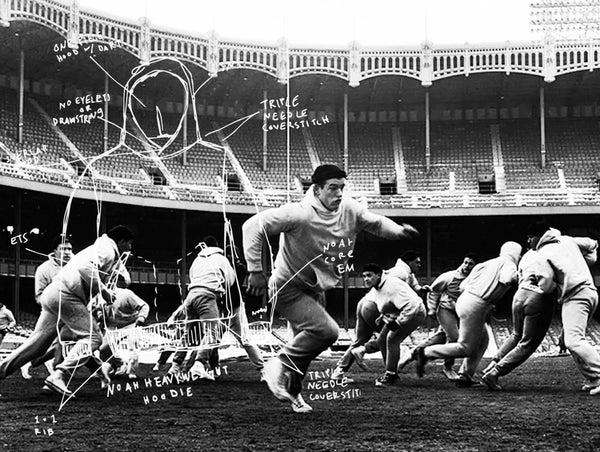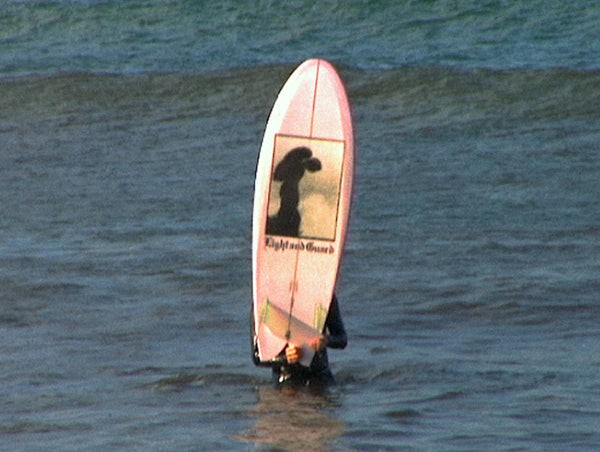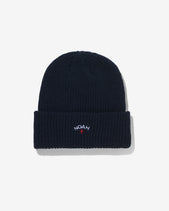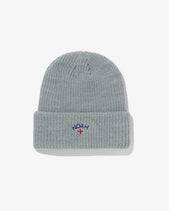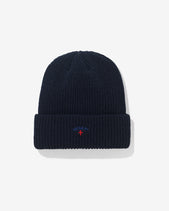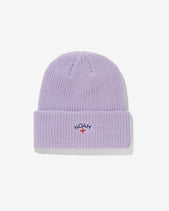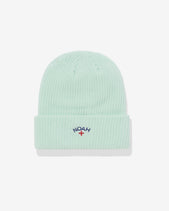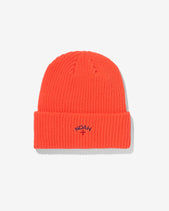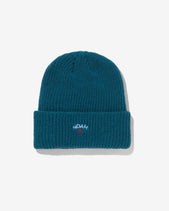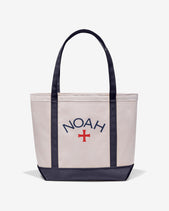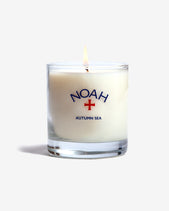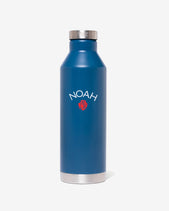

How did you end up with the nickname Dr. Abalone?
My life’s passion is abalone research. It’s what got me into science in the first place, and I’ve continued doing it to this day, so that moniker just resonated with me. Everyone was laughing at first, but it stayed with me and I love it. It’s great. It personifies who I am.
What is the state of Abalone right now? Can you speak to the health of abalone fisheries in relation to the ocean ecosystem?
That’s a big one. It’s definitely very sad compared to what it was in my early days. When I started, Abalone had been exploited, but with a little exploration, you could still find sites where they thrived. So that was the culture of Abalone research at the time–seeking out the remote places where you could find these creatures. We went as far as Mexico or the Channel Islands off the coast of France, but Abalone could also be found near the island of Ano Nuevo in California, or even off the Big Sur coastline.
During my PhD dissertation, abalone were hit with withering foot disease and were reduced to 1% of their previous population. I was eventually part of the ESA advisory committee and helped write the report that got them listed as an endangered species. Now I’m reviewing their recovery plan.
The big picture today is this: people have been hammering abalone pretty hard, but the biggest threat is how dramatically the climate has shifted in the last 10 years. Abalone in general are a cold-water species, so in a warm-water world, their future is very uncertain.


Do you think “No Fish” could be a reality?
I’m an optimist by nature. It’s easy to fall into a hole of despair with all this stuff, but I decided to live in hope. I do think, in the end, humans will care enough about the world to want to conserve it. In the last few years, we’ve seen people really starting to focus on climate change. It’s the first time for many of them, but the awareness is even trickling into the business world. Politicians are the last holdout. The question is: how bad will it get before it gets better?
What can someone who is not entrenched in Marine Biology do to contribute to ocean health?
It’s a lifestyle choice. In everything you do, think about your relation to the world. As the human population gets bigger, it’s the little things that help–thinking about microplastics, what you wear, how often you drive your car, the things you buy, the places you go. All of these small decisions have consequences to the environment. It’s not on anyone’s shoulders to solve these problems alone, but small steps matter. Also, education is critically important. We need to share what we know and do with everyone.
Can you tell us about some research you’ve been working on recently?
Abalone continues to be a thread in most of my research, including recent work on fisheries management. Over the last 5 years I’ve mostly been looking at climate change, including the effects of ocean acidification on rockfish. I’m currently running the north coast team as part of a statewide scuba program to track kelp forest ecosystems. We’re looking at the urchin barren issue, as well as abalone and kelp forest decline.
About 20 years ago, there was a major collapse of groundfish fisheries, which caused people to realize habitat issues, in tandem with overfishing, had triggered the decline. But we didn’t know much about these habitats, so the focus shifted to deep-sea corals and sponges. Working with a large collaborative team, we investigated how these deep-sea invertebrates contributed to fisheries’ health. Those efforts often involved using a deep-sea submersible, which was a blast.
I also began advocating for policy changes at multiple levels while working with non-profits like Oceana, Pew, and EcoTrust: writing editorials, sign-on letters with hundreds of scientists, and testifying for the Pacfiic Fisheries Management Council. Our work in this area has been successful: the entire Southern California coast has been closed to bottom trawling, and a huge slab of deep-sea habitat is now off-limits to all extractive activities. I’m proud to have been a small part of making these changes happen.


Do you identify more as a surfer or scientist? Is there any point in making a distinction?
No, there’s no distinction. It’s all one lifestyle. I live for the ocean. That’s what got me started, and nothing has changed. Whether it’s science or surfing, it’s all about being out there, learning, conserving, and enjoying. Most surfers really appreciate and respect what the ocean gives us, so it makes sense to give back. There’re lots of ways to engage in this lifestyle: sailing, scuba diving, going to the beach, whatever. I call it all Surfing Ecology.
Why do you think surfers and skateboarders have established such a precedent in popular culture?
I think that’s a relatively new thing, that surfing has become this lifestyle that a lot of people identify with. It’s cool, you're out in the ocean being athletic, practicing this ancient art form. Skating is just another way to express that, carving up and down hills, feeling the landscape.
Back in the 70’s, I felt surfing was for rebels, who were often seen as lowlifes. Hanging at the beach wasn’t the most popular thing to do. It was very different. My parents didn’t want me to surf–they were against it, and thought it was a bad influence. But the reality was just the opposite: it saved me and kept me out of trouble (for the most part). Skating was similar. It was what we did, as surfers, when we were land-locked, or couldn’t surf.
Any advice on connecting with the Natural World?
It’s so easy to be busy, engaged and distracted by society. There’s so much cool stuff going on. But sometimes it’s really important to get outside, disconnect, and see where that takes you. I’m not talking about minutes or hours, I’m talking about spending days alone and fasting away from civilization. It’s called a Nature Fast. In addition to cleansing the body, it’s about letting the mind slow down and be open to nature. That’s the thing with surfing: you're so immersed in the act of being there, the other shit melts away.
The realization is that we are all connected here, the planet, living creatures, and us. We’re all part of the same thing. It’s easy to forget that.



